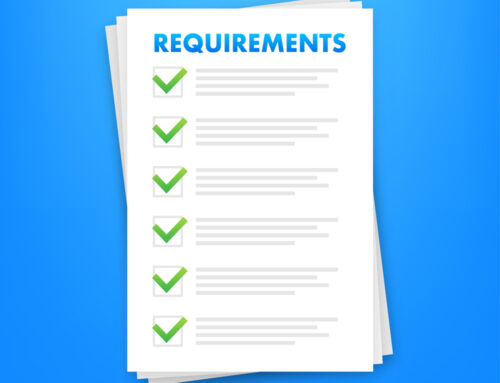 By the time they’ve finished their junior year of high school, many students have become experts at writing a five-paragraph analytical essay. Knowing how to write such an essay will serve students well as they finish high school and enter college. However, when it comes to college application essays (also known as personal statements), this skill is often a detriment to students.
By the time they’ve finished their junior year of high school, many students have become experts at writing a five-paragraph analytical essay. Knowing how to write such an essay will serve students well as they finish high school and enter college. However, when it comes to college application essays (also known as personal statements), this skill is often a detriment to students.
The purpose of a college application essay is not to formulate and prove a thesis, but rather to tell a story about yourself — a personal narrative. If you’ve ever kept a journal or had a blog, you’ve written a personal narrative. In elementary school and maybe even in middle school, you probably were asked to write responses to questions like, “What did you do over summer vacation?”, “Who is your biggest role model?”, or “What do you want to be when you grow up?” Believe it or not, your answers to those questions were more like a college essay than the kinds of essays you typically write in high school.
The personal narrative can be a difficult concept for students to wrap their heads around, especially if they haven’t done this type of writing for many years. So, here are some tips to help you:
- If you have kept a journal or blog, read a few of the entries/posts. Check to see if you or your parents saved any of your papers from elementary or middle school in which you responded to questions like those above. If you have those papers, read them! You’ll probably laugh at how unsophisticated your writing was (and maybe how terrible your handwriting was), but reading these will help put you in a college-essay-writing mindset.
- Identify the essay prompt. Some applications give you an assigned topic, while others allow you to choose among several. For example, the Common Application has five prompts and asks students to pick one.
- Keep in mind that your essay should communicate something unique about you — something that either is not found anywhere else in your application or is mentioned in your application but needs further explanation.
- Once you have decided on a topic, write down some ideas. This doesn’t have to be in the form of an outline; in fact, in order to avoid writing a five-paragraph essay, it probably shouldn’t be. Rather, use bullet points or a graphic organizer like a web. Alternatively, you can simply start writing. Different people approach the writing process in different ways, so do what works best for you.
- Tell a good story. As you write and edit your essay, think about your favorite books. What makes them interesting: characters, plot, action, suspense, humor, all of the above? These are the same elements that will make your college essay interesting. A strong essay grabs the reader’s attention at the beginning and uses details and description throughout. Remember to show, not tell.
In the course of writing your essay, if you find yourself following the five-paragraph format, I recommend starting over. You don’t necessarily need a different topic; you just need to approach it in a different way.
Happy writing!






[…] these topics. (If you’re interested, check out my posts on courses and grades, activities, essays, and recommendation […]